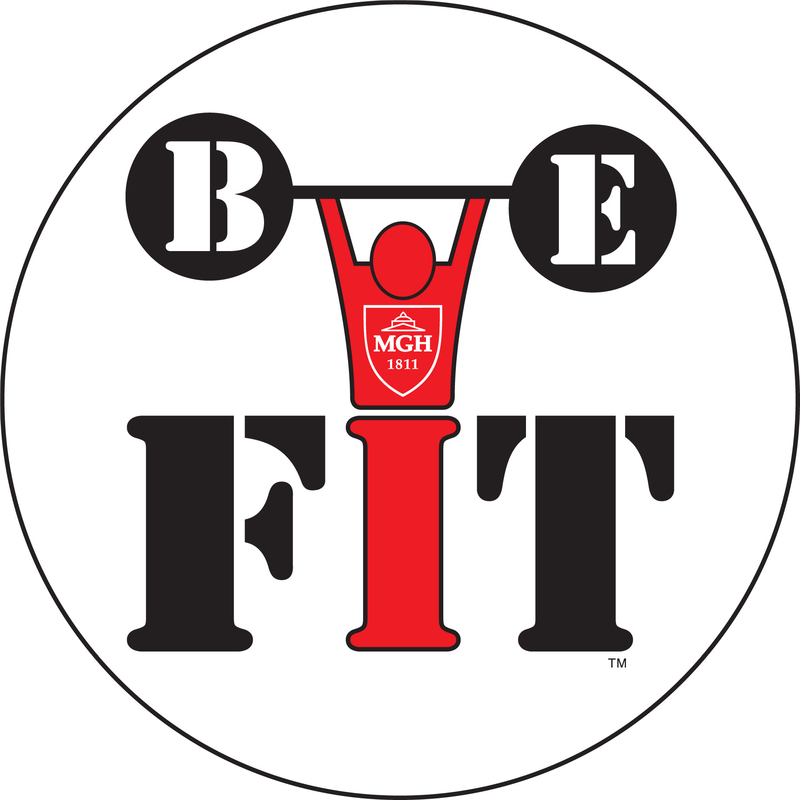|
This time of year, it seems everywhere you turn—the internet, social media, television, magazines, friends and family—someone is giving out nutrition advice. With so much information from so many different sources, it can feel overwhelming trying to identify what is fact and what is fiction.
Credible nutrition advice should be backed by scientific evidence. There are red flags that can help you spot potential misinformation that is not evidence based. Next time you are questioning nutrition advice, stop and ask: Does this sound like click bait? Sensationalized headlines, quick-fix solutions, and anything that sounds too good to be true, likely is. Does this sound oversimplified? Nutrition isn’t black and white. No one food is a “cure” for all ailments and no food or ingredient is “poison.” If someone is putting forth claims that lack nuance, that’s a red flag. Who is providing this advice? Is it coming from a reputable website? Has the person been educated on nutrition? Look for websites with .edu, .gov, or .org addresses and experts with credentials, like a registered dietitian (RD or RDN). Ideally, they should also list references used to support their claims. REFERENCES Bellows L, Moore R. Nutrition Misinformation: How to Identify Fraud and Misleading Claims. Colorado State University Extension. Accessed January 3, 2023. Goldberg JP, Sliwa SA. Communicating Actionable Nutrition Messages: Challenges and Opportunities. Proc Nutr Soc. 2011;70(1):26-37. By Melissa Ferris, MS, MGH Dietetic Intern
0 Comments
Your comment will be posted after it is approved.
Leave a Reply. |
TOPICS
All
Archives
December 2023
|


 RSS Feed
RSS Feed